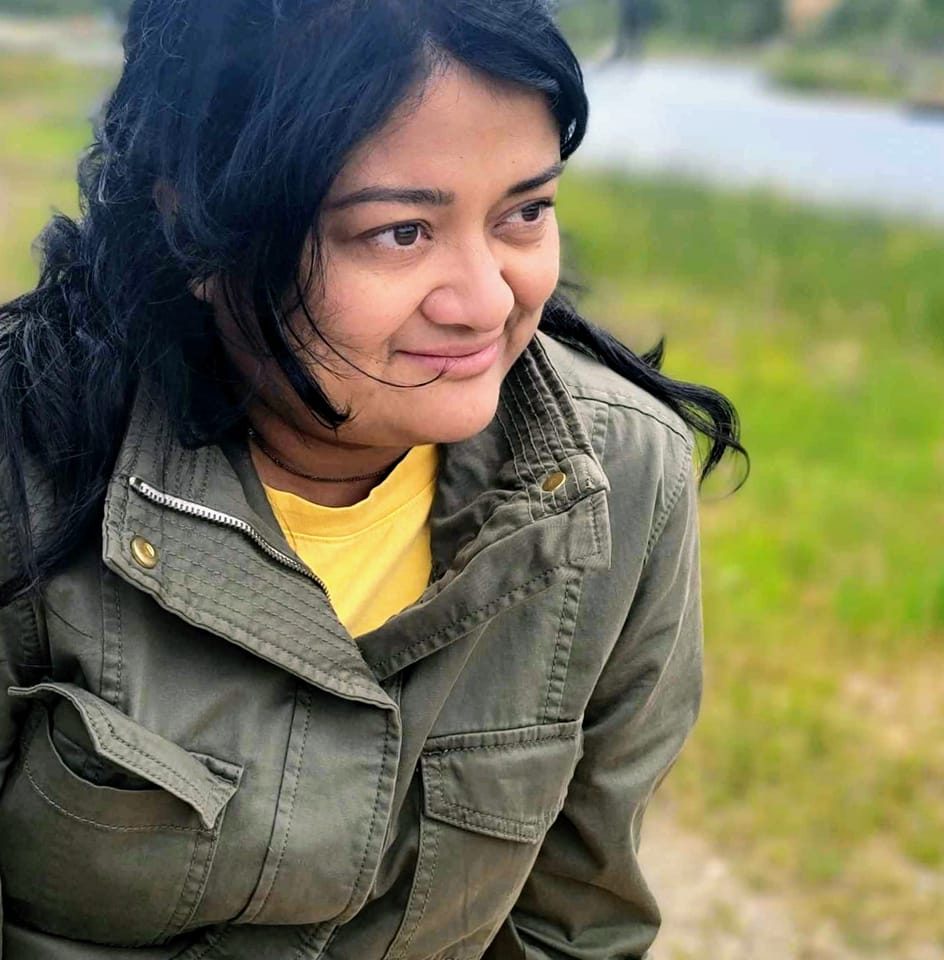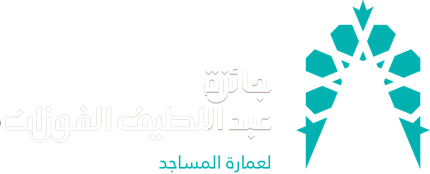References
Aga Khan Award for Architecture (1986) Master Jury Discussion, 1986 Cycle Master Jury Statement. Available at: https://www.akdn.org/architecture (Accessed: 11 January 2022).
Baitul-Mukarram, Dhaka, Bangladesh (2023) Archnet. Available at: https://www.archnet.org (Accessed: 24 October 2023).
Curtis, W.J. (2012) ‘Modern Architecture and the Excavation of the Past: Louis Kahn and the Indian Sub-Continent’, in Kries, M., Eisenbrand, J. and von Moos, S. (eds.) Louis Kahn: The Power of Architecture. Weil am Rhein, Germany: Vitra Design Museum, pp. 230–239.
Dankowski, J. (1970) Manhole: 583 4A, gelatin silver print. Manhole: 583 4A (Object no. 534.1970.5). The Museum of Modern Art, New York, not on view. Available at: https://www.moma.org/collection/works/583 (Accessed: 29 June 2025).
Devji, F. (2013) Muslim Zion: Pakistan a Political Idea. Cambridge, MA: Harvard University Press.
Faszine (2010) Blog archive. Faszine, 30 May. Available at: https://faszine.blogspot.com/search?updated-max=2010-05-30T22:49:00%2B02:00&max-results=7&start=23&by-date=false (Accessed: 29 June 2025).
FASZINE (n.d.) FASZINE blog. Available at: https://faszine.blogspot.com (Accessed: 30 June 2025).
Ghusheh, M. (2013) Louis Kahn in Dhaka: Ruin as Method. Ph.D. dissertation. UNSW Sydney.
Goldhagen, S.W. (2001) Louis Kahn’s Situated Modernism. New Haven, CT: Yale University Press.
Kahn, L.I. (1964) Handwritten note, July. LIK Collection, Archives of American University Projects (AAUP) and Pennsylvania Historical and Museum Commission (PHMC).
Komendant, A.E. (1975) 18 Years with Architect Louis I. Kahn. Englewood, NJ: Aloray.
Larimer, R. (2022). Interview with the author, 14 November.
Latour, A. (1991) Louis I. Kahn: Writings, Lectures, Interviews. New York: Rizzoli.
Lobell, J. (2020) Louis Kahn: Architecture as Philosophy. New York: Monacelli Press.
Pattison, H. (2020) Our Days Are Like Full Years: A Memoir with Letters from Louis Kahn. New Haven, CT: Yale University Press.
Prasad, R. (1947) India Divided. Bombay: Hind Kitabs.
Steele, J. (1994) ‘Report of the 1989 Award Master Jury’, in Architecture for Islamic Societies Today. London: Academy Editions.
Swiss Minaret Referendum (2009) Federal popular initiative “For the prohibition of minarets”. Switzerland, 29 November.
Tabassum, M. (2022). Architecture of Transition, lecture at Daniels School of Architecture, Landscape and Design, University of Toronto, 15 September.
The Central Library of Dacca (n.d.) Prepared by Kahn’s office in Dhaka. Received by LIK Office on April 10, 1968. p. 1. LIK Collection, Archives of American University Projects (AAUP), and Pennsylvania Historical and Museum Commission (PHMC).
The Architect (2023). Interview with the author, 20 October.
Tyng, A. (1984). Beginnings: Louis Kahn’s Philosophy of Architecture. New York: Wiley.
Unknown Architect (2023). Interview with the author, 20 October.
Varo, R. (1956) The Juggler (The Magician). Oil and inlaid mother of pearl on board, 91 × 122 cm. Gift of Joan H. Tisch (by exchange). The Museum of Modern Art, New York (Object no. 542). Available at: https://www.moma.org/collection/works/542 (Accessed: 29 June 2025).
Wilcots, H. (2022). Interview with the author, 18 October.
Wilcots, H. (2023). Interview with the author, 20 October.
Wise, M. Z. (2009) Sacred Spaces: Tobi Kahn and the art of creative reverence’, Tablet Magazine, 4 November. Available at: URL (Accessed: 30 June 2025).

